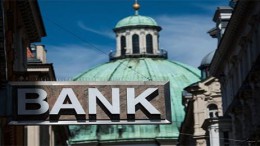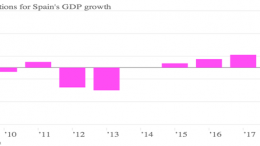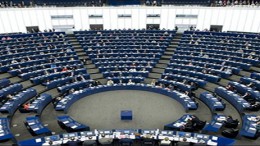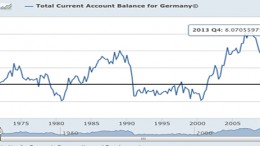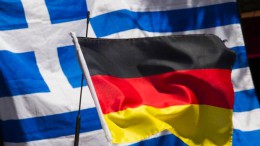EU banks have spent €104bn on tuning-up for stress tests
MADRID | By Julia Pastor | The European banking sector needed to regain markets’ confidence after the crisis and before November stress tests. On Monday, ECB’s vice-president Vitor Constancio assessed their moves as very positive, pointing to a compendium of sale of assets as well as capital and debt issues that reached €104 bn last year.

